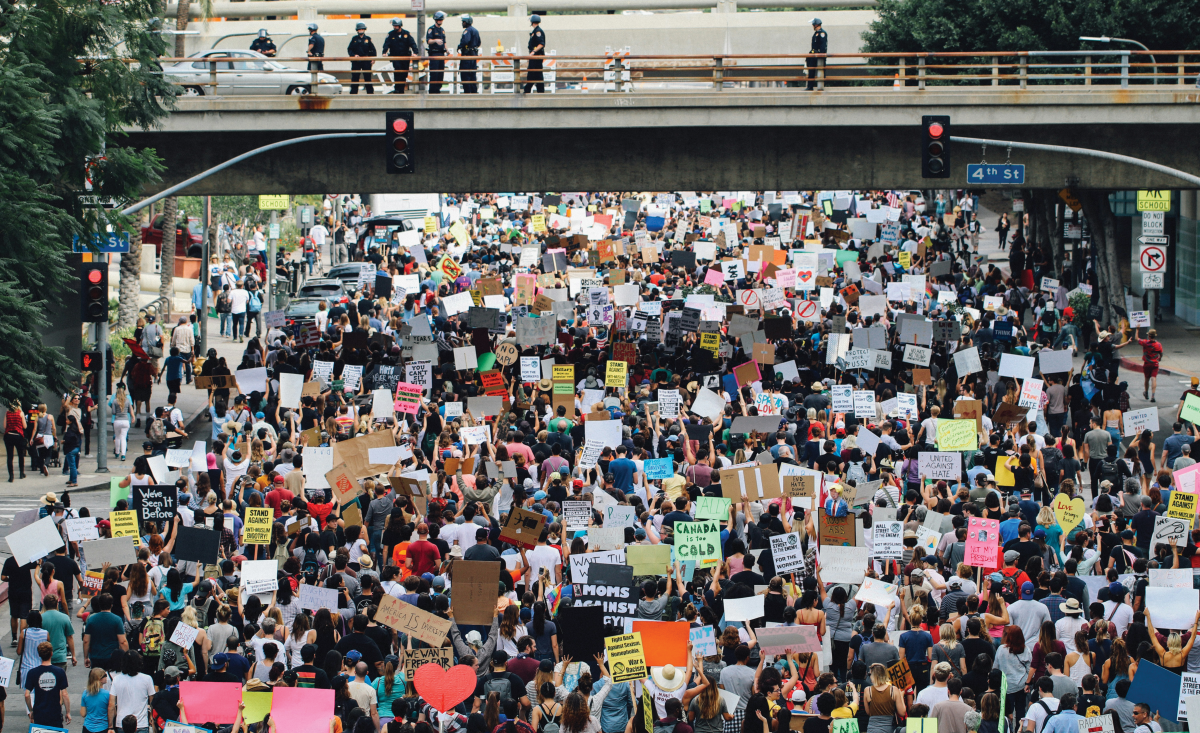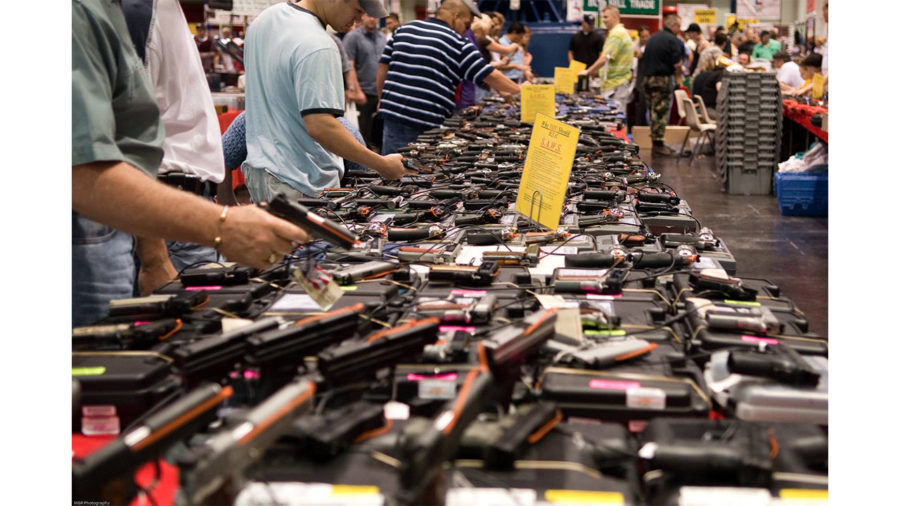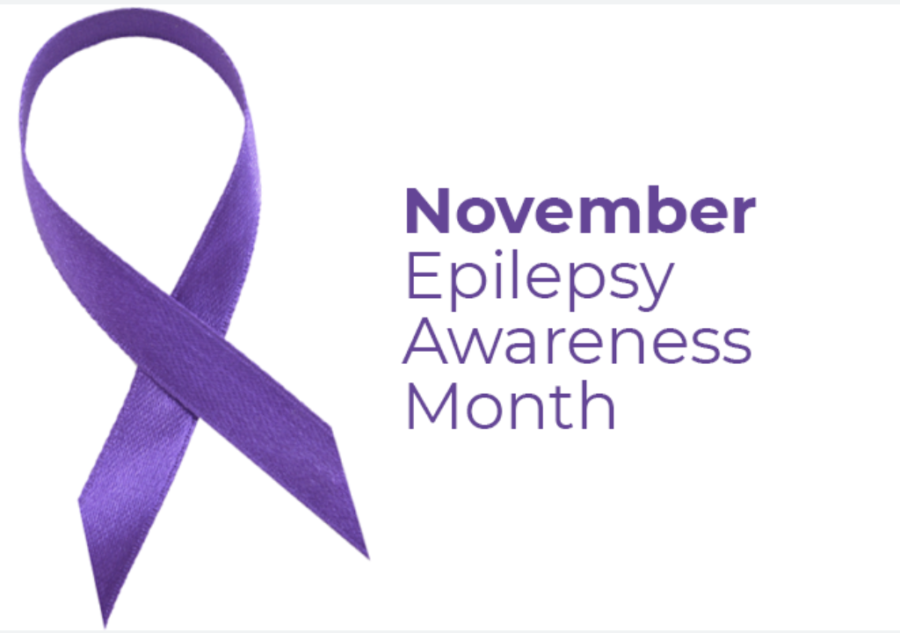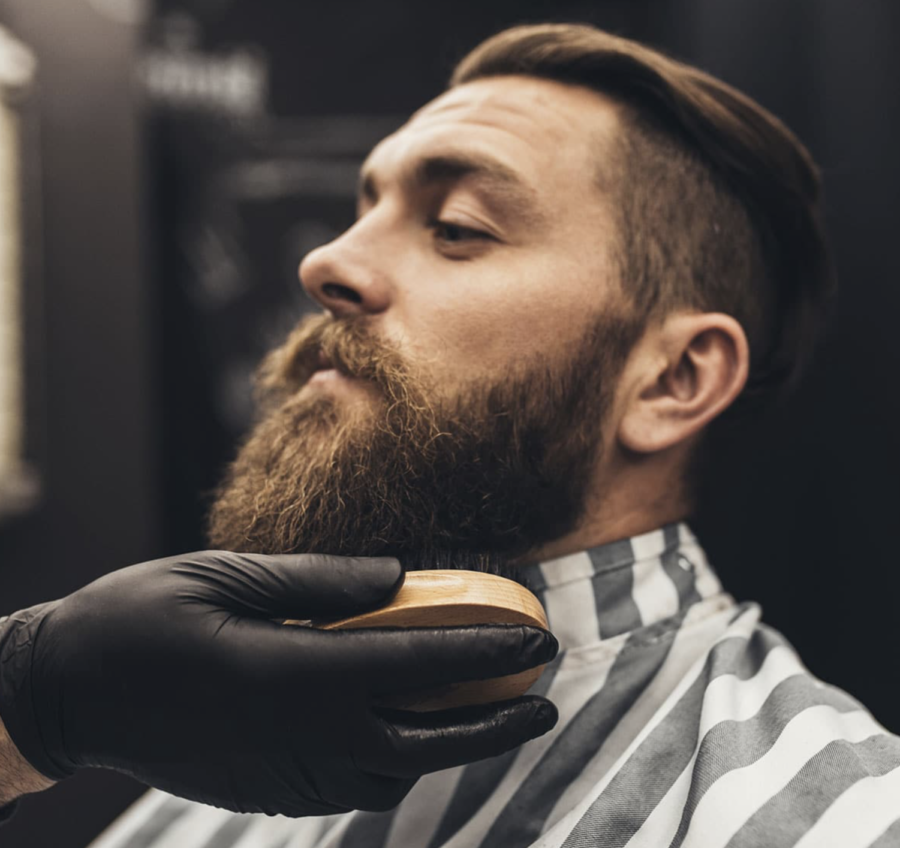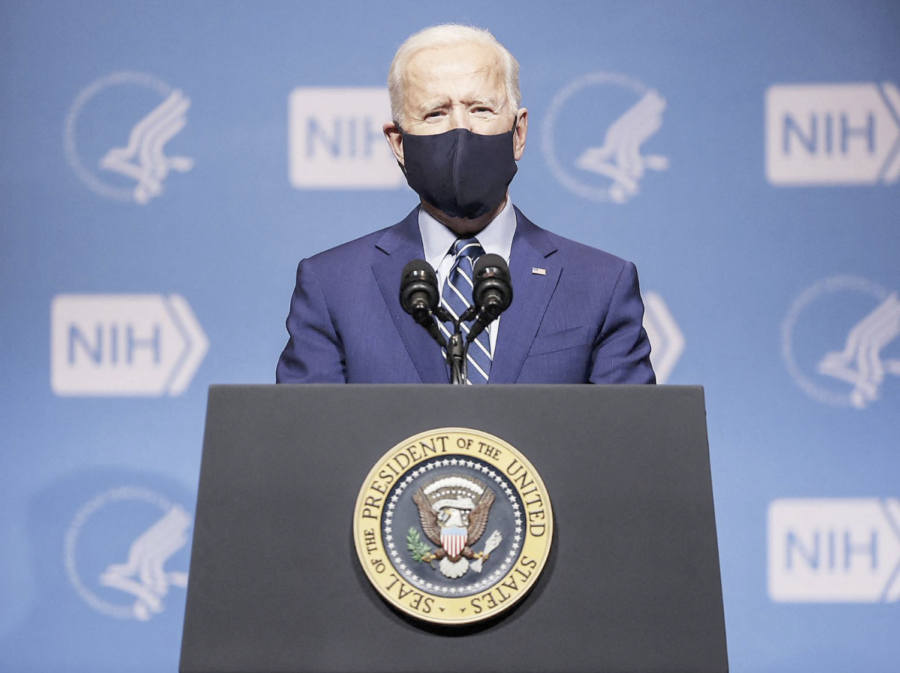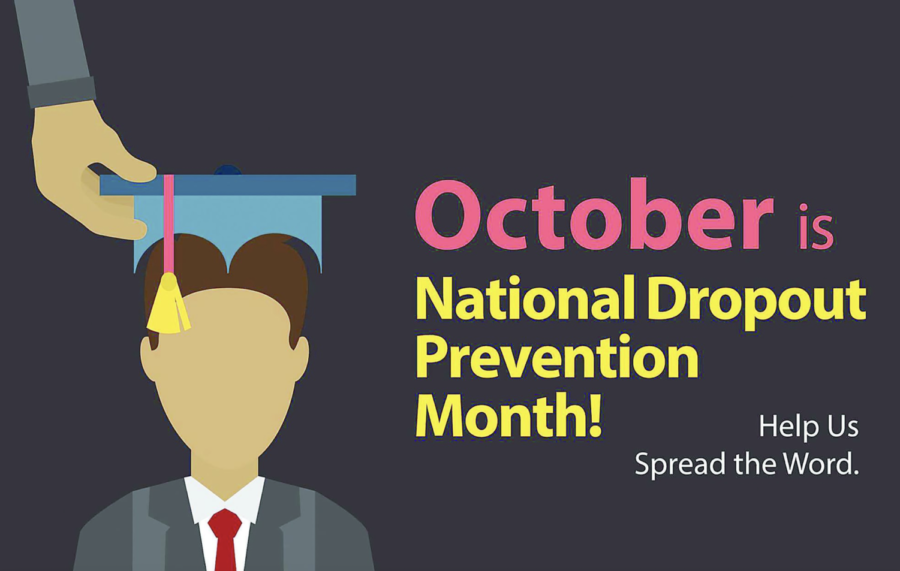On Feb. 15, the Senate voted 57 – 43 to approve H.J.Res.40, a bill which makes the NICS Improvement Amendments Act of 2007 ineffective.
The right to bear arms is a constitutional right, meaning the government is responsible for protecting it. However, that right and other constitutional rights can be taken away when a crime is committed, and America often associates mental illness with crime.
According to The Trace, an independent organization devoted to informing the public about gun violence, mental health adjudication is the eighth reason Americans fail background checks.
Ashamedly, I feel safer knowing there is an effort to stop mentally ill people from possibly harming others. Because the mentally ill have often been publicized as the perpetrators of mass shootings, I associate mental illness with danger.
Of course not all mentally ill people have committed crimes. In fact, the National Center for Health Statistics reported that less than five percent of the 120,000 gun-related killings in the United States between 2000 and 2010 were committed by those suffering from mental illness. Though that number is a low statistic, it is still alarming.
Mental illness itself is not a crime – a crime implies that a choice was made to commit it. Those with mental illnesses certainly did not choose to be affected, so for that reason, we should not blame them when something as rare as a mass shooting occurs.
The ACLU seems to agrees with this logic.
“There is nothing that indicates any gun violence, or greater propensity toward violence at all, for this population,” the ACLU said in a statement in support of Congress. “A disability should not constitute grounds for the automatic denial of any right or privilege, including gun ownership.”
I think the few who have terrorized this country are definitely mentally ill, but the government is more at fault for allowing homegrown terrorism to occur.
The current federal law requires state judges to declare the mentally ill unfit to own guns. This is to ensure due process. However, after judges rule in mental health cases, they must report their ruling to NICS, so that those unfit will fail their background check.
But those in the service can be careless. John Houser, the gunman in the Lafayette movie theater shooting in 2015, was able to buy his gun because psychiatrists did not send him to a mental hospital in 2008. The presiding judge then decided that Houser was eligible to buy a gun despite report of his severe bipolar disorder and violent threats to family members. His previous arrests for arson and selling alcohol to minors did not stop him from purchasing a gun in 2014.
In the case of Dylann Roof, the man responsible for the Charleston church shooting in 2015, Roof confessed to the illegal possession of Suboxone, a prescription drug usually prescribed to recovering addicts. That should have stopped him from the purchase of his Glock, but his addiction was not reported to NICS.
While those are just two examples, it is safe to say that America is inconsistent on reporting to NICS. The New York Times reported in January of 2016 that the number of mental health records submitted per 100,000 residents by the states varies from 718,334 to one with Pennsylvania in the lead and Alaska and Massachusetts far behind.
Furthermore, the states have varying gun laws, proving even more discrepancy on gun safety in America. Depending on where you live, you may be allowed to buy a gun from a private seller without a background check, ordered to an outpatient treatment, or if a person is a danger to themselves or others be admitted to a mental institution.
If America as a whole is as tired of praying after times of gun violence, I believe that the states should give up the power of gun laws to the federal government. In issues of public safety, the states need to be a united front and face consequences for not cooperating with the federal government’s policies.
Mentally ill people should not be automatically disqualified from buying guns. H.J.Res.40, which will most likely be made law by Trump, stopped the discrimination of the mentally ill.
However, the knowingly mentally ill as well as the supposed mentally stable should be subjected to more extensive psychiatric evaluations due to the large responsibility of owning a firearm. Those who fail should be reported to the nation government. Those approved should be required to undergo annual mental health checkups.
Extensive precautionary measures should be taken for gun purchases, for fear that there are more people suffering and going untreated from mental illness than we know.



